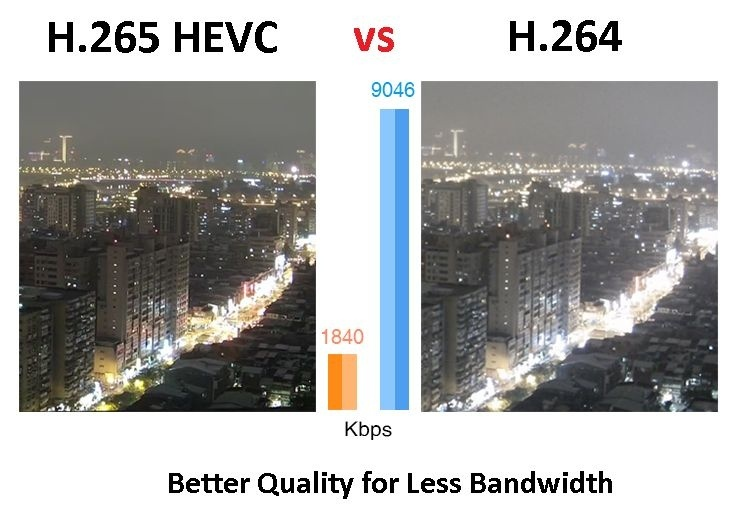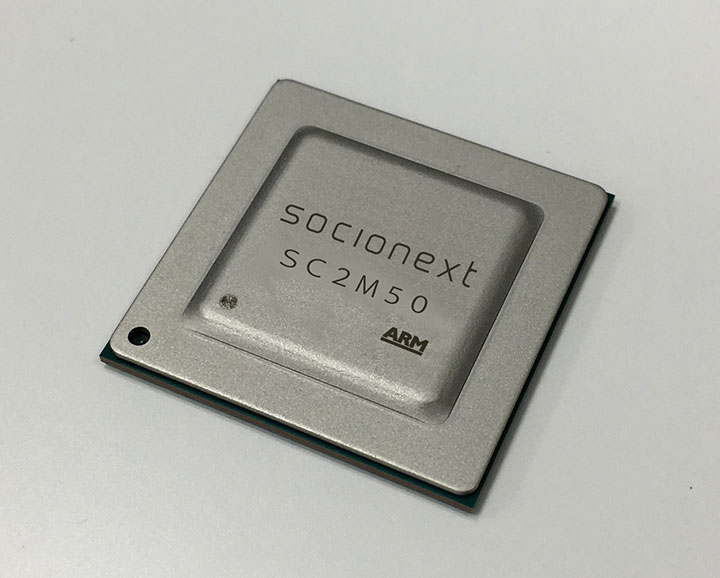H.265 (HEVC)

Table of contents
Estimated reading time: 3 minutes
Decoding the Impact of H.265 (HEVC) on IPTV: Revolutionizing Video Compression
Introduction:
H.265, also known as High Efficiency Video Coding (HEVC), stands as a revolutionary advancement in video compression technology. Its implementation in IPTV systems has ushered in a new era of enhanced video quality and reduced bandwidth consumption.

Understanding H.265 (HEVC):
H.265 (HEVC) represents the successor to the widely used H.264 (AVC) standard, offering significant improvements in compression efficiency. This next-generation codec utilizes sophisticated algorithms to achieve up to 50% bitrate reduction while maintaining comparable visual quality. By leveraging advanced techniques such as intra-frame prediction and improved motion compensation, H.265 optimizes the compression process for a wide range of video content.

Applications in IPTV:
In the realm of IPTV, H.265 (HEVC) plays a pivotal role in optimizing video delivery over IP networks. Its superior compression efficiency enables IPTV operators to deliver high-resolution content, including 4K and even 8K Ultra HD streams, with minimal bandwidth requirements. Moreover, H.265 facilitates smoother streaming experiences, particularly in bandwidth-constrained environments, by reducing buffering and enhancing video playback quality. Additionally, the adoption of H.265 in IPTV infrastructure allows for more channels to be delivered within existing network bandwidth, thereby expanding service offerings and enhancing competitiveness.
Challenges and Considerations:

Despite its myriad benefits, the widespread adoption of H.265 (HEVC) in IPTV ecosystems presents certain challenges and considerations. One such challenge is the requirement for hardware support, as decoding H.265 streams demands more computational resources compared to its predecessor. Furthermore, the transition to H.265 may necessitate upgrades to existing IPTV equipment and client devices to ensure compatibility and optimal performance. Moreover, content creators and distributors must navigate licensing agreements and royalties associated with the use of H.265 technology, adding complexity to deployment strategies.
Future Prospects and Innovations:
Looking ahead, H.265 (HEVC) continues to evolve, with ongoing efforts focused on further improving compression efficiency and scalability. New innovations like screen content coding (SCC) tackle challenges of detailed content. H.265 integrates with AI for enhanced delivery. Additionally, 5G and edge computing accelerate H.265 adoption for seamless IPTV.
Conclusion:
In conclusion, H.265 (HEVC) stands as a cornerstone technology in the evolution of IPTV, offering unparalleled compression efficiency and paving the way for immersive viewing experiences. By embracing H.265, IPTV service providers can unlock new opportunities for delivering high-quality content while optimizing network bandwidth utilization.



0 Comments